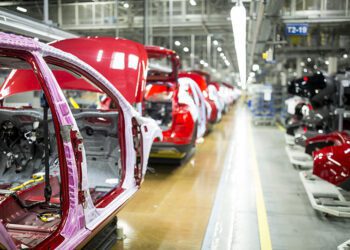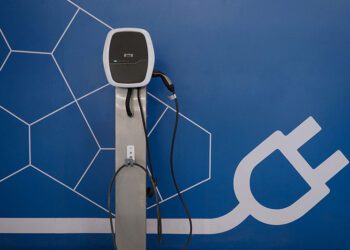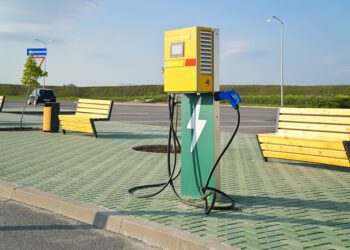India, with its bustling streets and alleyways, has always been a land where two-wheelers reign supreme. Add the pressing concern of environmental sustainability to the mix, and the surge in electric bikes and scooters seems like an inevitable evolution. “In the quest for cleaner streets and clearer skies, the hum of an electric motor is rapidly replacing the roar of gasoline engines.”
1. The Allure of Electric Two-Wheelers
Cost-Effective: With fewer moving parts and the declining cost of batteries, electric two-wheelers are becoming an increasingly affordable option for the masses.
Low Maintenance: The simplicity of electric motors translates to reduced wear and tear, bringing down maintenance costs and hassles.
Eco-friendly: With zero tailpipe emissions, electric bikes and scooters play a crucial role in reducing the carbon footprint of urban mobility.
2. Innovations Driving the Shift
Battery Technology: Advancements in battery tech ensure longer ranges, shorter charging times, and extended lifespan.
Smart Features: Integrated GPS, mobile app connectivity, and real-time diagnostics add a layer of modernity and convenience to the e-riding experience.
Design and Ergonomics: Contemporary designs and ergonomic refinements make electric two-wheelers not just functional but also aesthetically appealing.
3. Challenges in the Fast Lane
Charging Infrastructure: The proliferation of e-two-wheelers necessitates a robust charging network, especially in densely populated urban centers.
Initial Investment: While running and maintenance costs are low, the initial purchase price, mainly due to the battery, remains a deterrent for many.
Consumer Awareness: Many potential buyers remain unaware of the benefits and potentials of electric two-wheelers, highlighting the need for targeted educational campaigns.
4. Policy Push and Industry Initiatives
Subsidies and Tax Breaks: Government incentives can significantly reduce the financial burden on consumers and manufacturers alike.
Public-Private Partnerships: Collaboration between authorities and industry leaders can expedite the establishment of charging networks and R&D initiatives.
Skill Training: As the sector grows, there’s an increasing demand for technicians and professionals adept in electric vehicle technologies.
5. India’s Homegrown Electric Pioneers
Companies like Ather Energy, Ola Electric, and Hero Electric are not just manufacturing electric two-wheelers; they’re creating an ecosystem complete with charging networks, maintenance services, and customer outreach programs.
Conclusion
The electric revolution on two wheels is not just about transportation; it’s a statement. A statement that India is ready to embrace the future, prioritize sustainability, and lead the way in urban ecological mobility. As electric bikes and scooters zip silently across cities and towns, they carry with them the promise of a greener, cleaner, and brighter tomorrow.




















